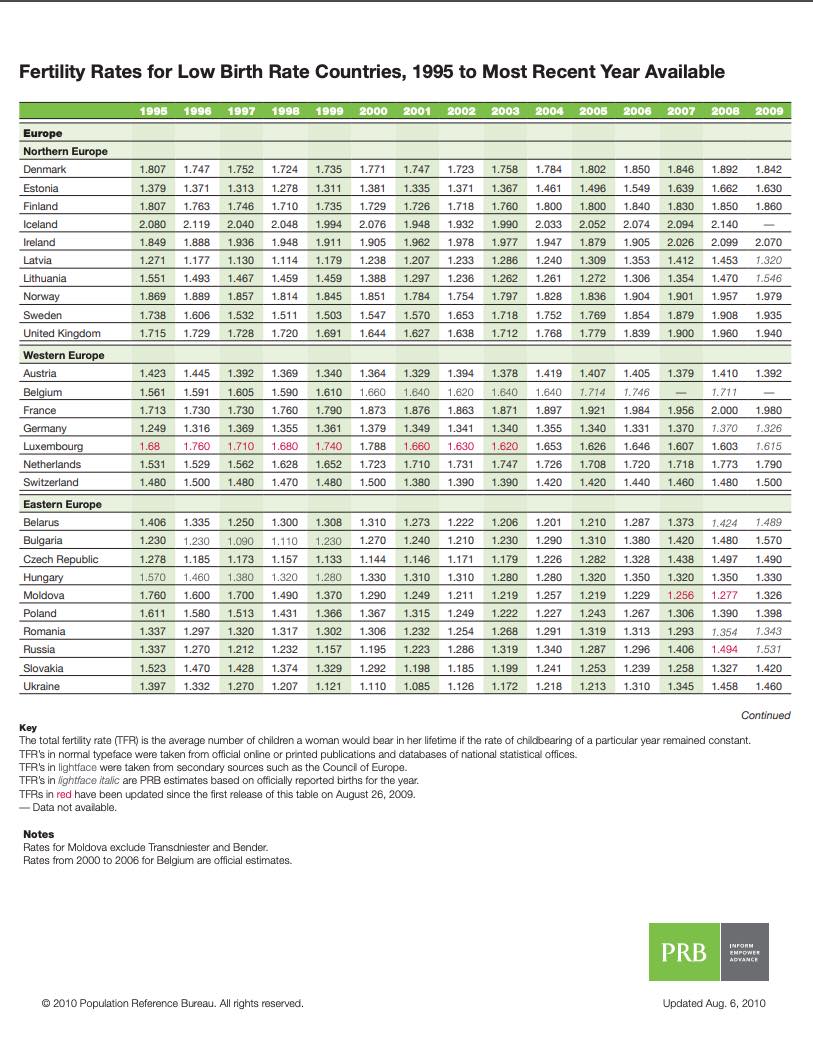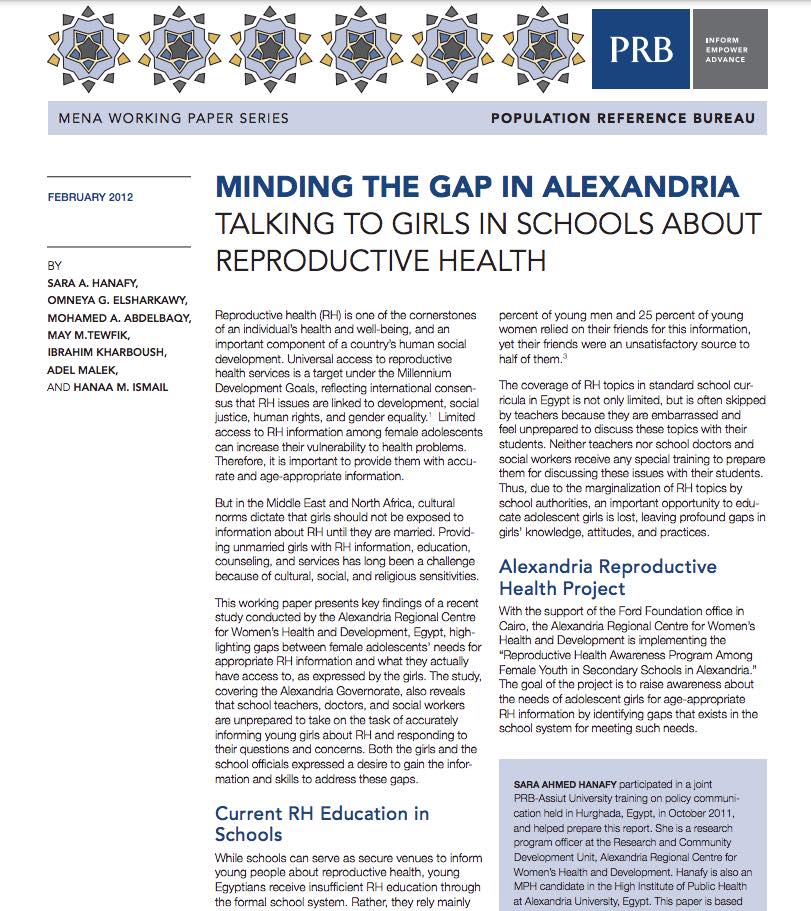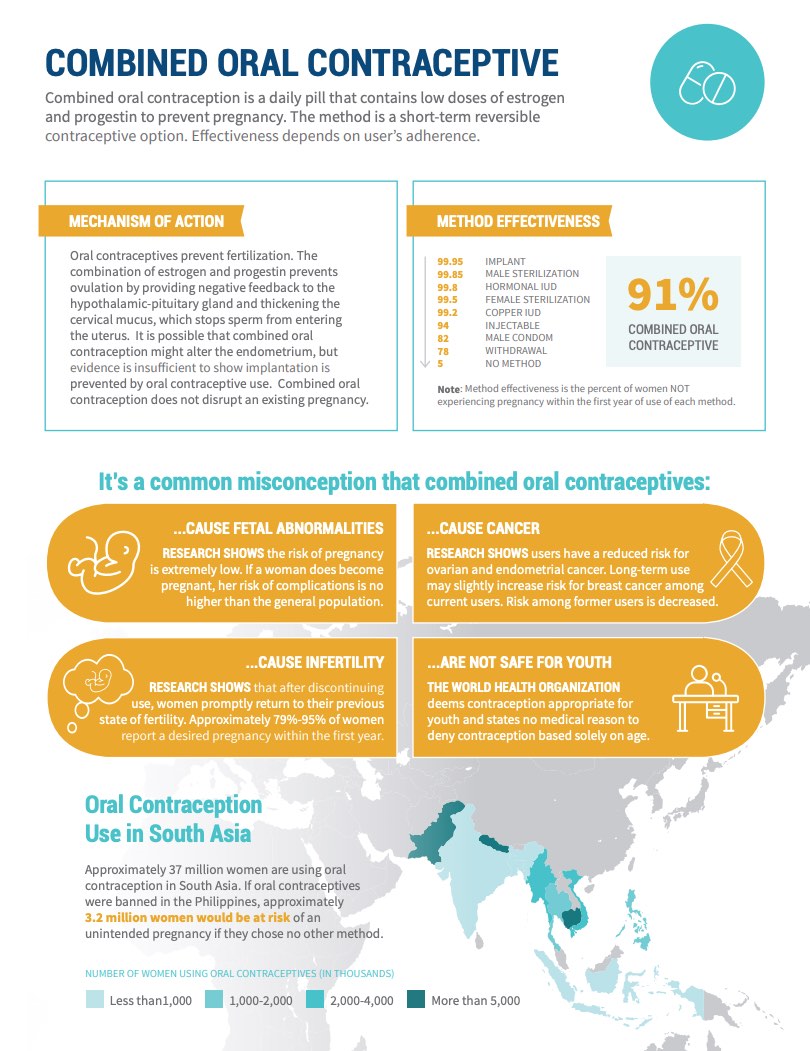242 Search Results Found For : " ㅚ 바오메이 효능 ㎓ ★▒▒∑⊙▶(^.^)『 CiA565。com ★★★┓┓↖★ ÷ 레비트라 온라인 구입처 ㎓ 법카마그라구입방법 ☜ 온라인 물뽕구매 "


Project: KIDS COUNT
In the Nest: Did the Pandemic Push Young Adults to Live With Their Parents?
Popular claims that the pandemic prompted young adults to "return to the nest" do not reflect reality.
Voucher Programs Encourage Quality Reproductive Health Services
Many women in developing countries, too poor to pay for the reproductive health services they need, use vouchers to defray the cost of care.

Project: Middle East and North Africa Program (MENA)
Working Paper. Minding the Gap in Alexandria, Egypt: Talking to Girls in Schools About Reproductive Health
(2012) Reproductive health (RH) is one of the cornerstones of an individual's health and well-being, and an important component of a country's human social development.

Project: Empowering Evidence-Driven Advocacy
Infographic. Combined Oral Contraceptive
Combined oral contraception is a daily pill that contains low doses of estrogen and progestin to prevent pregnancy. The method is a short-term reversible contraceptive option. Effectiveness depends on user’s adherence.
Engaging the Poor in Poverty Reduction: What Is the Role of Family Planning?
(2010) More than 1.4 billion people around the world live in extreme poverty (defined as income of less than US$1.25 per day), and nearly 2 billion more live just above that level.

State of Access: Assessing Contraceptive Policy Environments in Each U.S. State
PRB is assessing the favorability of the policy environment for contraceptive access nationally and within each U.S. state so that state policies and programming can be easily interpreted and compared.
El Salvador Survey Shows Lower Fertility, Increased Contraceptive Use
(2010) Women of childbearing age in El Salvador are having fewer children and using more family planning, with a recent increase in the use of injectable contraceptives.
Mortalité maternelle : l’une des principales causes de décès au Cambodge
(2003) La maternité est une période qui devrait être faite d'anticipation et de bonheur pour une femme, sa famille et sa communauté.
